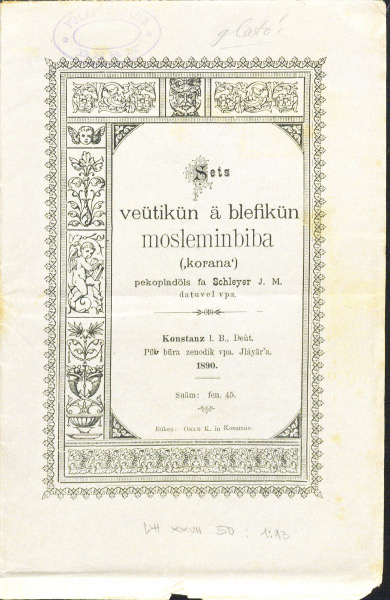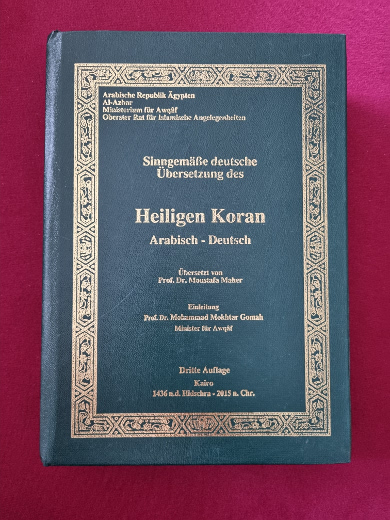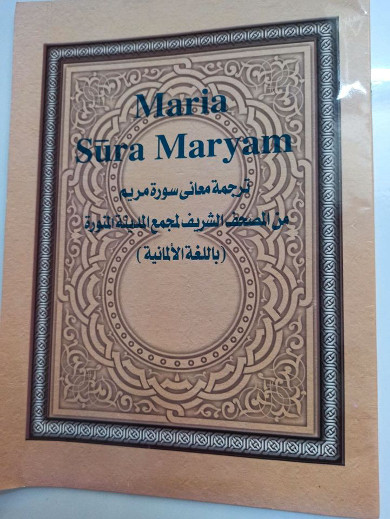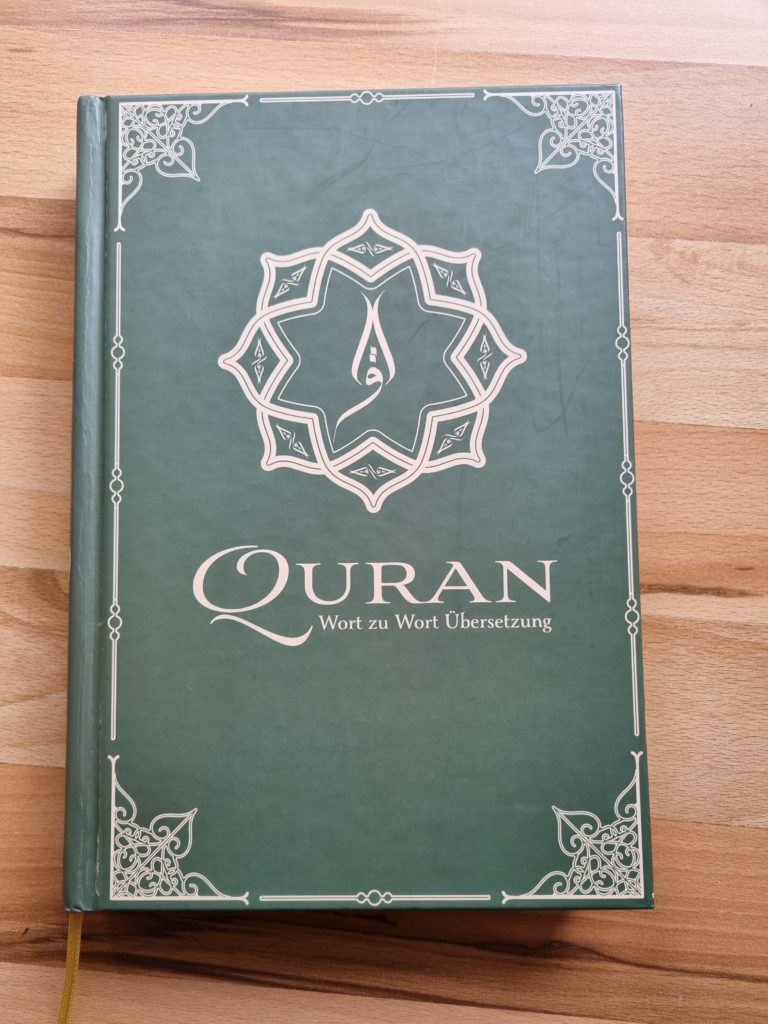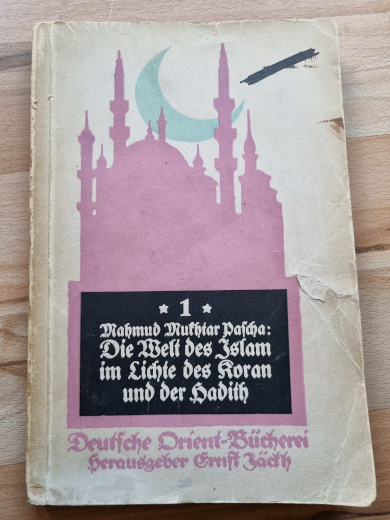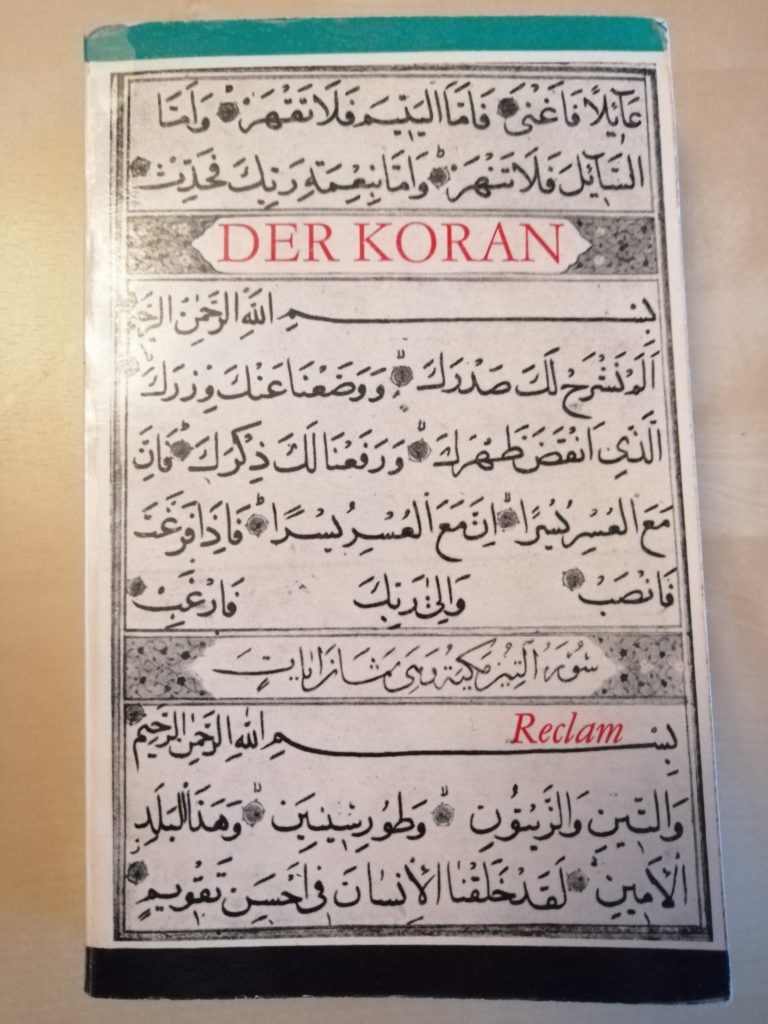Qur’an translation of the week #147: The universal Qur’an and the ‘world language:’ Translating the Qur’an into Volapük
In 1890, in the Southern German city of Konstanz, a booklet comprising a collection of excerpts from the Qur’an into the ‘world language’ Volapük was published. It is a fascinating document that gives us insight into the position of the Qur’an in nineteenth-century Europe, and also of contemporaneous perspectives on language, language planning, literature and …
